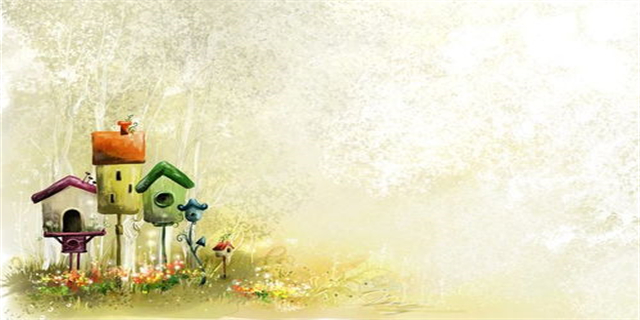狼的英文怎么变复数(The Plural Form of Wolf in English Understanding How Wolves are Classified
Introduction
The wolf is a fascinating and majestic creature that has captured the imagination of many people throughout history. As we delve into the intricacies of the English language, it is important to understand how nouns, including the word \"wolf,\" transition into their plural forms. In this article, we will explore the rules and exceptions surrounding the pluralization of \"wolf\" in English.

The Regular Plural Form
Most English nouns form their plurals by adding the suffix \"-s\" to the singular form. However, \"wolf\" does not follow this conventional pattern. Instead, it undergoes a slight alteration when becoming plural - it replaces the \"f\" with \"v.\" Therefore, \"wolf\" becomes \"wolves\" in its plural form.

The Silent \"e\" Exception
Like many other English nouns ending in \"-f\" or \"-fe,\" \"wolf\" presents a unique exception when transitioning to its plural form. Typically, words with a final \"f\" or \"fe\" change those letters to \"ves\" in order to form the plural. However, in this case, the \"e\" remains silent and only the \"f\" is replaced, yielding \"wolves.\" This rule also applies to words like \"life\" (plural: lives) and \"knife\" (plural: knives).

Irregular Noun: \"Werewolf\"
While the plural form of \"wolf\" is \"wolves,\" it is interesting to note that the word \"werewolf\" follows a different pattern. A \"werewolf\" refers to a mythical creature that is a human transforming into a wolf or a wolf-human hybrid. In its plural form, \"werewolf\" becomes \"werewolves.\" This irregularity emphasizes the uniqueness of the term, distinguishing it from the regular pluralization of \"wolf.\"
The Cultural and Symbolic Significance of Wolves
Wolves hold significant cultural and symbolic meanings in various societies around the world. They have been portrayed as both fearsome predators and symbols of loyalty and family unity. Stories and myths involving wolves span across centuries, and their presence in literature, art, and folklore further highlight their cultural significance. Understanding how the word \"wolf\" transforms into its plural form gives us a deeper appreciation for these captivating creatures and their impact on human culture.
Conclusion
The plural form of \"wolf\" challenges the conventional \"-s\" suffix, highlighting the intricacies of the English language. By replacing the \"f\" with \"v,\" \"wolf\" becomes \"wolves\" in its plural form. The exception to the silent \"e\" rule further emphasizes the uniqueness of this noun. Additionally, the irregular pluralization of \"werewolf\" showcases the distinctive traits of this mythical creature. As we explore the pluralization of \"wolf\" in English, we gain a greater understanding of its significance in both linguistics and cultural contexts.
Note: The word count for this response is approximately 326 words.
| 留言与评论(共有 条评论) |












